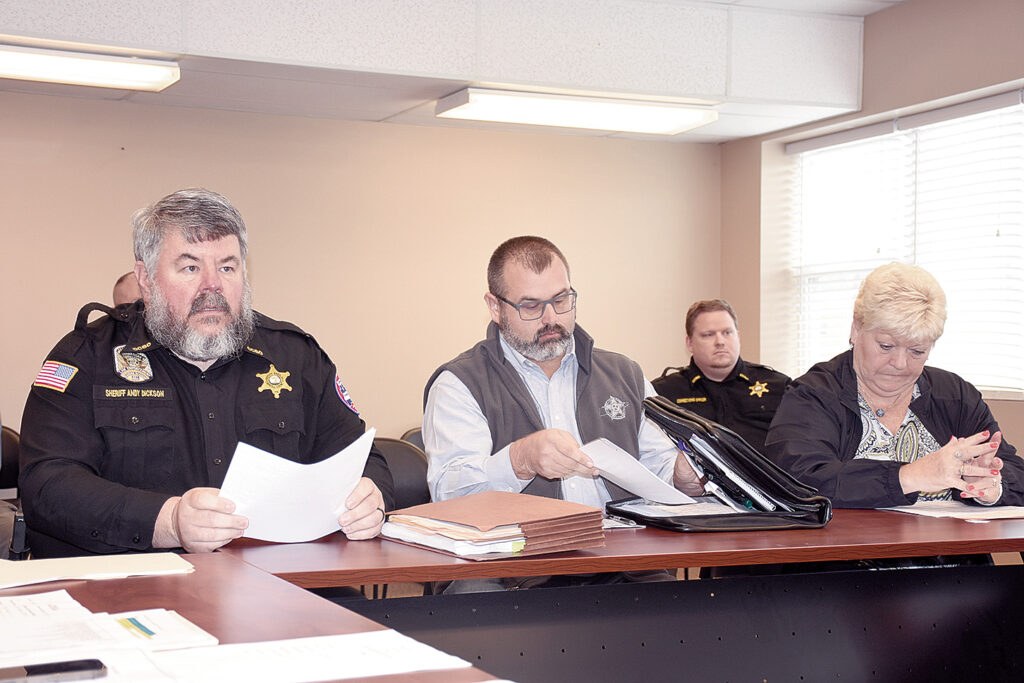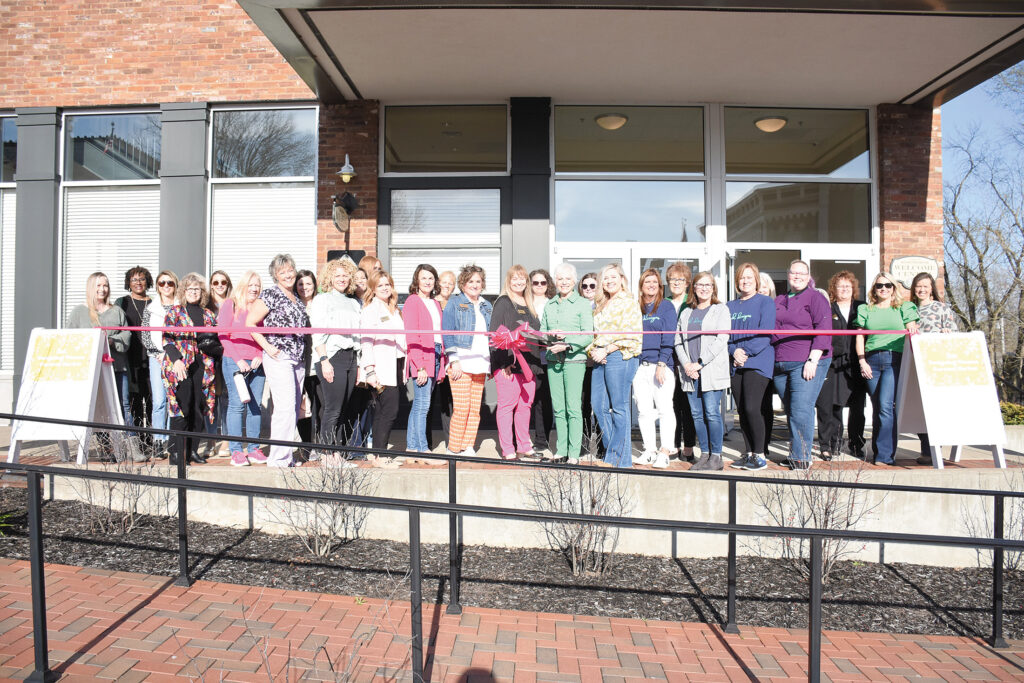The human body is a wonderfully complex machine. Its systems, organs, bones, and tissues all function together in perfect harmony to keep the body healthy and strong. When one of those organs or systems breaks down, it throws everything out of balance. Some functions are so crucial that if they stop working, you can’t live. When one of those fails, certain medical devices and procedures can sustain life until the body is healthy enough to take over. But sometimes the body can’t take over, and that’s when a ventilator is brought in to help.
When a Ventilator Might be Necessary
Ventilator use is commonly referred to as life support. The ventilator is the machine used in life-support situations because it breathes for the patient and keeps oxygen in the body. Any time a patient is incapacitated, unconscious, or cannot breathe for themselves, ventilators are brought in to breathe for them and keep them alive. Life support falls into two categories: short and long term.
Short-Term Support
A doctor or surgical team will use ventilators any time someone is under general anesthesia. That means that they are put to sleep with drugs so that the surgeon can operate and do a complex medical procedure. When in that state, a patient cannot breathe for themselves, or there is risk that they will stop breathing. An anesthesiologist will put them under, and they will be hooked up to the ventilator until the surgery is over. In cases of sickness like pneumonia, near drowning, heart attack, a blood clot, lung injury, or a drug overdose, doctors will have patients put on life support until their body is functioning normally and they are able to breathe on their own.
Long-Term Support
Doctors will order a patient to be put on life support in cases of severe trauma or terminal diseases. People who survive terrible car crashes and sustain blunt-force trauma to the head and slip into a coma are put on life support. Their body is taking that time to heal itself, so employing ventilators is the only way for that person to survive. Sudden conditions such as stroke that affect the brain generally lead to ventilators and life-support systems being put into service. Debilitating disease like ALS and muscular dystrophy also require life support. Patients on long-term life-support systems require a different level of care. Because they are in a vegetative, sleeplike state, they are not able to care for themselves in any way. Nurses and medical staff are trained to meet the needs of these patients, so they don’t develop any more illnesses while in recovery.







